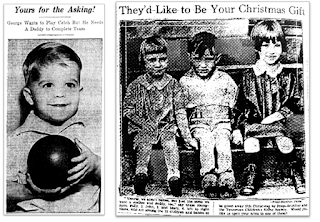Persuasion is my favorite novel by Jane Austen.
Anne Elliot lives is on the verge of becoming an old maid. At 27, and having been persuaded to decline two proposals in her younger years, she depressed-ly resigned herself to the fact that she will be living with her Father and older sister for the rest of her life. When family debts become so high that the family must "retrench" to Bath instead of living in their family hall, Anne is invited to visit her younger, married sister, Mary, while her father and sister move to Bath. The new tenets of her father's estate she learns is the sister and brother-in-law to her only love and the first proposal she was persuaded to decline eight and a half years ago. When Captain Fredrick Wentworth visits his sister and visits the surrounding families (which Mary is one), Anne finds that he stays but seems to have no wanting to continue any relationship they had had previously. And yet he stays around.
Anne is my favorite Austen heroine in that I find, to a degree, similarities between myself and her--or at least I hope so. For one simple point of Anne being the most quiet, and probably has the fewest lines, for any of Austen's heroines.
Anne's growth throughout the story is delicately weaves throughout the book, where she also stays diligent to her beliefs and her character is strong. I like the brief glimpses we get into Anne of her seriously having depression after she first declines Captain Wentworth's offer, where it says that "her bloom" isn't there anymore, but then by then end getting out of the depression and seeing Wentworth again and associating with him, her very vain father comments on how she has it back. While Austen never says that she has depression, she does make a point to say that her "bloom" returned.
This is a simple love story that I adore. I found out that it was probably based on a real love story, which makes my romantic and historian side of my brain love it even more (A book you can find about it is called: The Real Persuasion: Portrait of a Real Life Jane Austen Heroine). I brings the romance of the sea along with the reality of navel life.
The real love I have for the book is Wentworth's Letter he gives to Anne. It is simple, sweet, and so full of hope. Sends my heart a flutter.
I am also very biased as to my preference to the movie adaptations.
Persuasion 1995 with Amanda Root and Ciaran Hinds is by far the best. There is no running through Bath scene for one (and it's a big "one') and it is more accurate to the book. Ciaran Hinds also, I think plays a more dignified Wentworth and I care more for Amanda Roots Anne simply for her facial expressions, if nothing else. The 2007 version struggles. Hard. I hate the wardrobe; the background for scenes seemed very off (especially the ones in Bath); Sally Hawking's performance as Anne was subpar; I don't find Rupert Penry-Jones stoic or a charming Wentworth at all; I hate, hate, hate the running across the Royal Crescent in Bath so much--it's when she's reading the letter and it just ruins the whole atmosphere of the
most important scene!!
If you are going to watch an adaptation, stick with 1995. Favorite actors/actresses with brilliant performances and it stays true to the story.



































